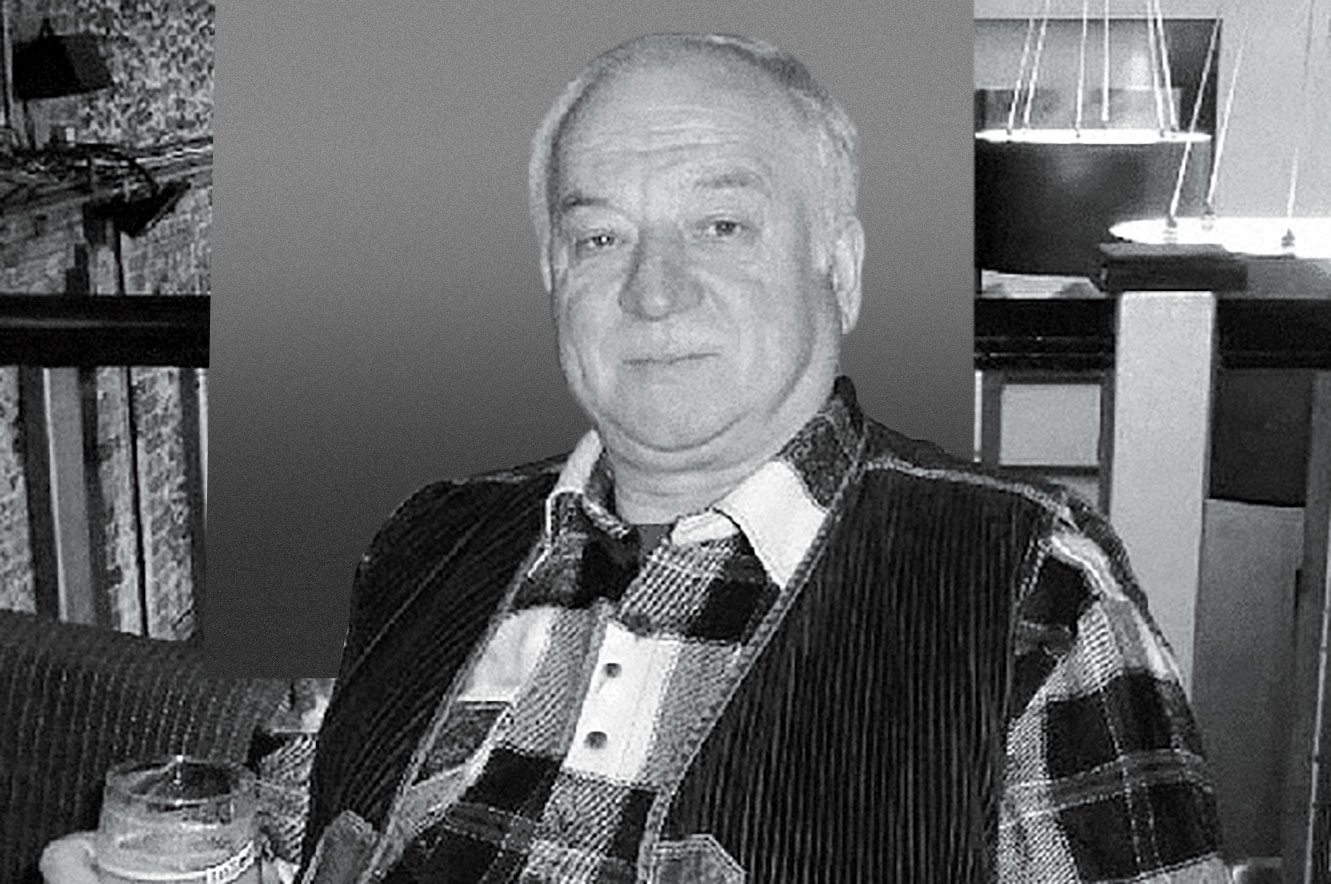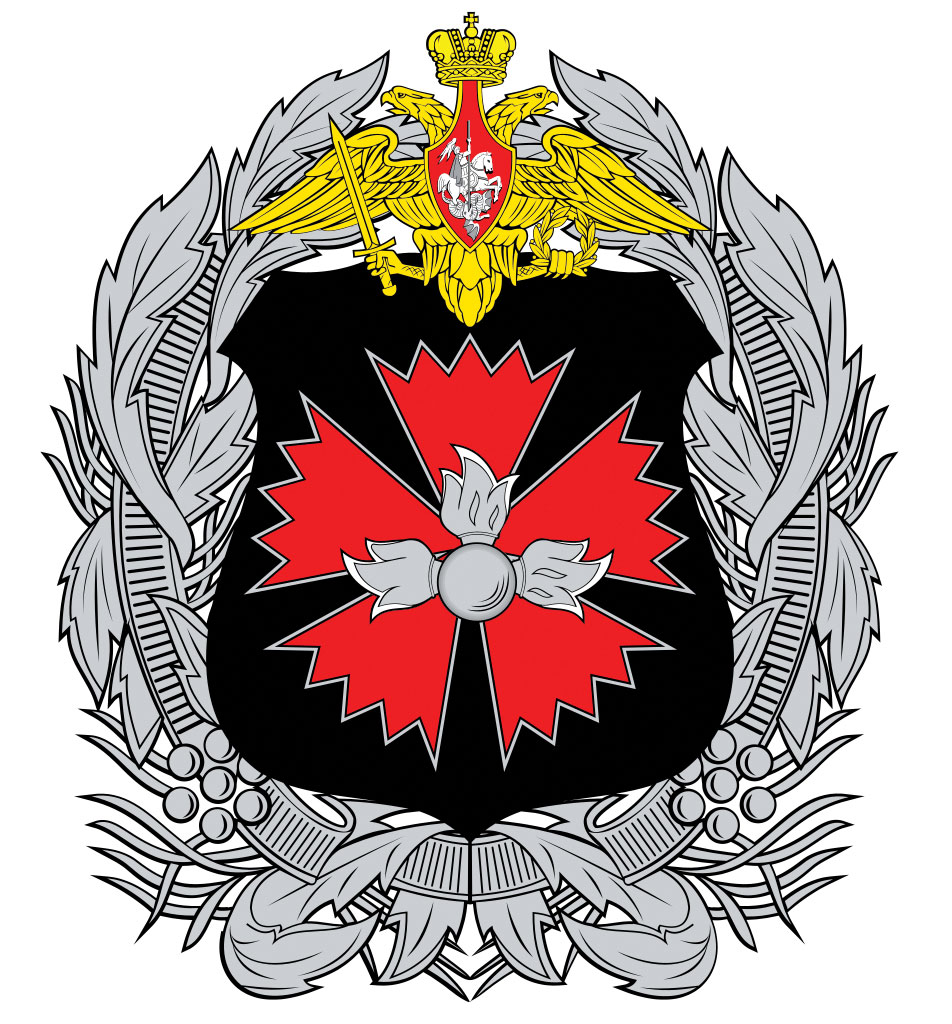
“I woke to the news that we had both been poisoned.” —Sergei Skripal [Wikimedia]

SERGEI SKRIPAL
On March 4, 2018, 66-year-old former double agent Sergei Skripal and his 33-year-old daughter Yulia were found “in extremely serious condition” on a park bench in Salisbury, England. The daughter—just arrived from Moscow the previous day—was comatose. Skripal was conscious, but disoriented.
Rushed to hospital, the two were diagnosed as having been exposed to the nerve agent Novichok. Investigators found the chemical had been sprayed on the doorknob of Skripal’s front door. Developed by the Soviet Union in the 1970s and 1980s, Novichok is five to eight times more toxic than other chemical warfare nerve agents, such as sarin.
British intelligence agencies determined the Skripals had been victims of an assassination attempt by the Main Directorate of the General Staff of the Armed Forces of the Russian Federation (commonly known as the GRU).
A former paratrooper and Afghanistan veteran, Skripal was recruited to the GRU after graduating from Moscow’s Diplomatic Military Academy and assigned to its First Directorate, which focuses on spying in Europe. In the summer of 1996, while serving in the military attaché’s department of Russia’s embassy in Madrid, Skripal was turned by an undercover British MI6 officer. Posted back to Moscow, Skripal took charge of the GRU’s personnel department—gaining critical access to identities of operatives throughout Europe.

Skripal used invisible ink to write detailed reports inside two books that his wife delivered to the British agent in Spain during visits in 1997 and 1998. Although he retired from the GRU the following year, Skripal continued working for MI6 until he was arrested in Moscow in 2004.
After a trial in which he confessed to espionage charges, Skripal was convicted in 2006 of “high treason” and sentenced to 13 years in a labour camp. On July 9, 2010, however, Skripal and three other Russians were swapped for 10 Russian agents arrested in the United States. MI6 relocated Skripal to Salisbury. Despite the dated nature of his knowledge of Russia’s intelligence networks, he continued to provide briefings to MI6 and also to other European intelligence agencies—particularly those in several former Warsaw Pact nations.
After weeks in comas following the poisoning, first Yulia Skripal and then her father regained consciousness. By mid-April, both were declared recovering, but their long-term prognosis remained uncertain. Since then both have disappeared. Some experts say they are likely resettled in the U.S., Canada, Australia or New Zealand. In May 2019, Sergei Skripal reportedly left a voice mail for his niece Victoria in Russia and said, “Everything’s fine with me here, with Yulechka too.”

“I think if, as our British colleagues have insisted, a military-grade poison had been used, the man would have died right away.” — Russian President Vladimir Putin
THE GRU
After Sergei and Yulia Skripal were poisoned, Russia denied responsibility. President Vladimir Putin repeatedly dismissed allegations of Russian involvement as “total nonsense.” Had Skripal been poisoned by Novichok, Putin argued, he would have died “on the scene. A military toxic agent is so powerful that it kills a person instantaneously.” British medical experts countered that prompt intervention defeated the nerve agent.
There is also credible evidence that places two GRU operatives in Salisbury on March 3-4, 2018. CCTV cameras captured images of colonels Alexander Mishkin and Anatoliy Chepiga mere blocks from Skripal’s home. Phone records secured by a British independent news agency also show that GRU Major-General Denis Sergeev arrived at London’s Heathrow airport the morning of March 2 and left on the afternoon of March 4. Correlating his phone position data with police information on the two colonels’ movements indicates that the three men likely met shortly before Mishkin and Chepiga left Waterloo Station for Salisbury. Investigators believe Sergeev was in operational command while Mishkin and Chepiga deployed the nerve agent.
Putin has repeatedly declared that both Mishkin and Chepiga are civilians and were merely tourists. Both men asserted this claim in a Russian television interview, saying they went to Salisbury only to see the 123-metre spire of its famous cathedral. Even in Russia, this claim was widely mocked. Putin has continued to argue that there was “nothing special” and “nothing criminal” about either man.
As for Skripal, Putin accused him of being “a traitor to the motherland. He’s simply a scumbag, that’s all.”

In a face-to-face June 2019 meeting at the G20 summit in Japan, then Prime Minister Theresa May demanded that Mishkin and Chepiga face justice. Putin shrugged off the matter as a “fuss about spies…not worth five kopecks.” Chillingly, Putin also told the British Financial Times: “Treason is the gravest crime possible and traitors must be punished. I am not saying the Salisbury incident is the way to do it, but traitors must be punished.”
Britain has issued European arrest warrants against Mishkin and Chepiga, promising to detain them if they should step outside of Russia. Meanwhile, relations between London and Moscow have plunged to a post-Cold War low as a result of Skripal’s poisoning.
In November 2019, Novichok was added to the list of banned substances on the Annex of the Chemical Weapons Convention by the Organization for the Prohibition of Chemical Weapons—the first such amendment since the convention was created in 1997.
Advertisement





















